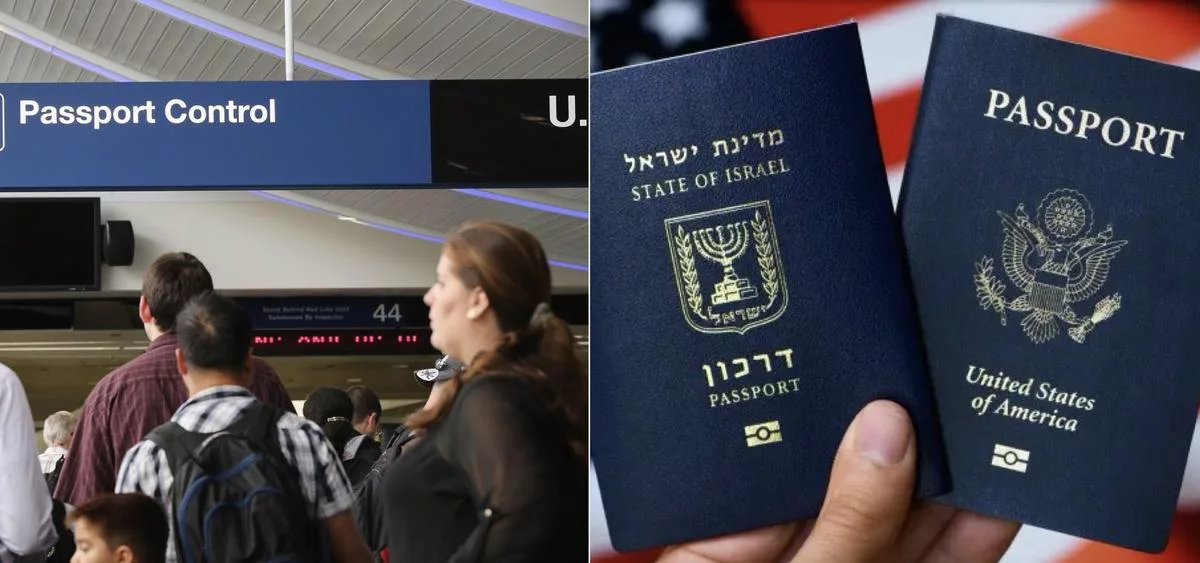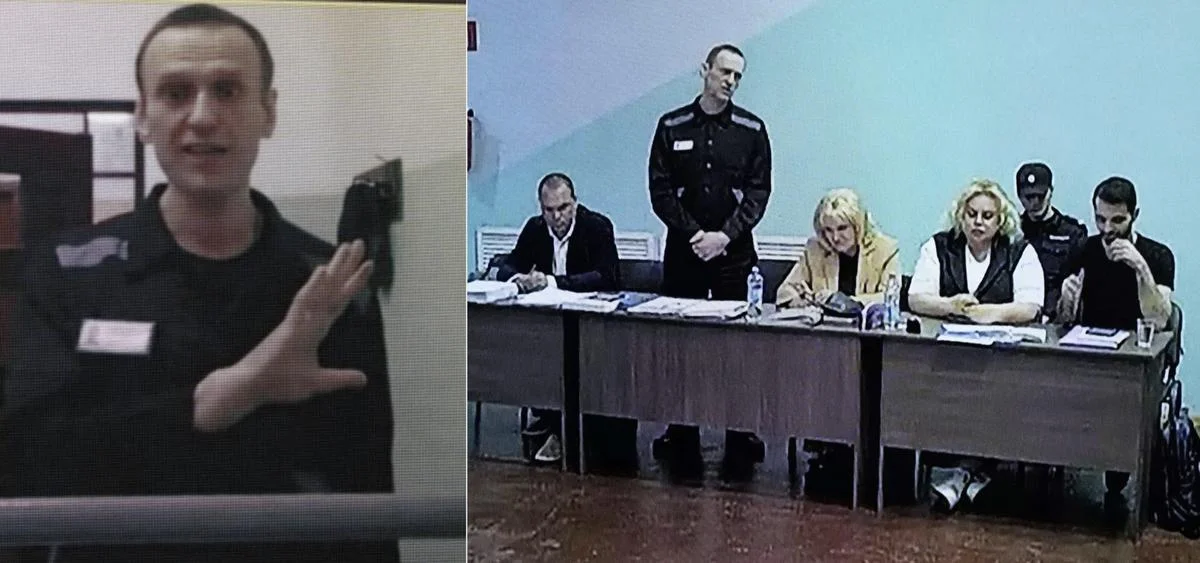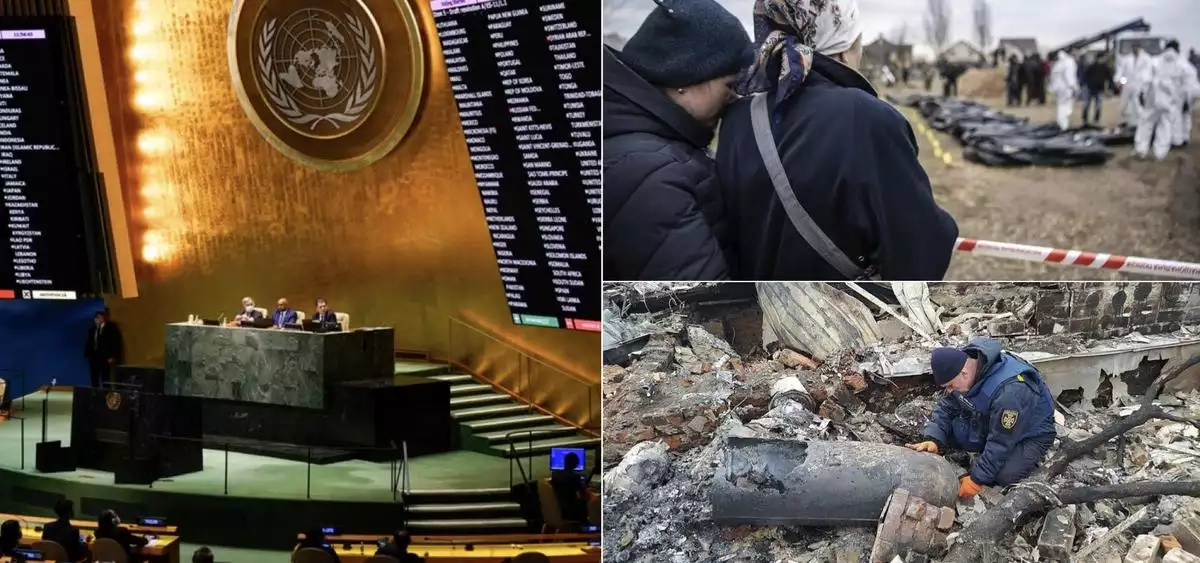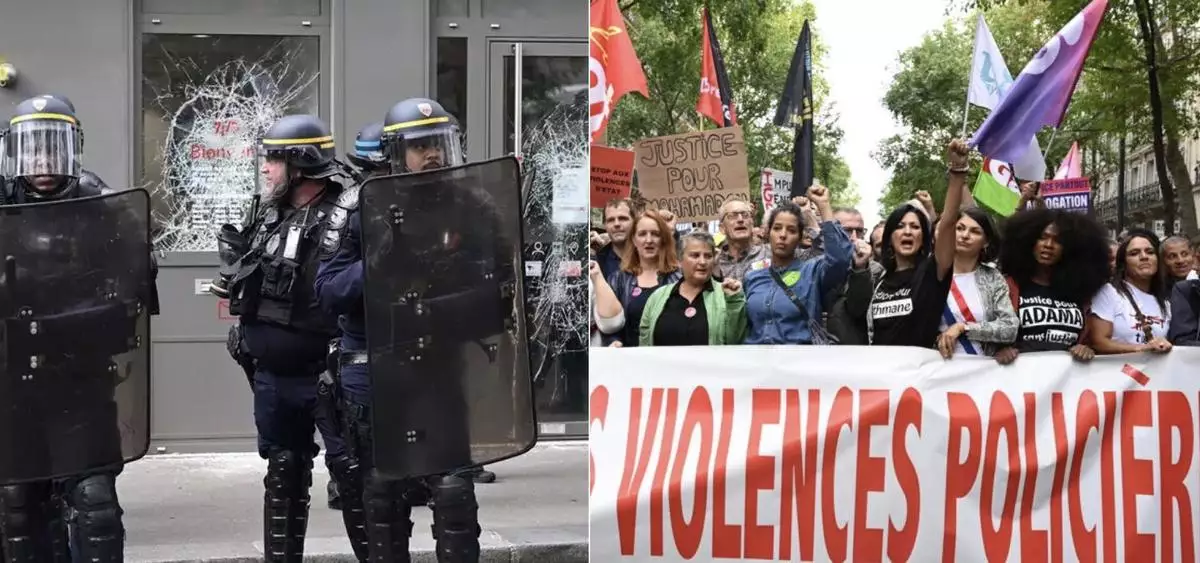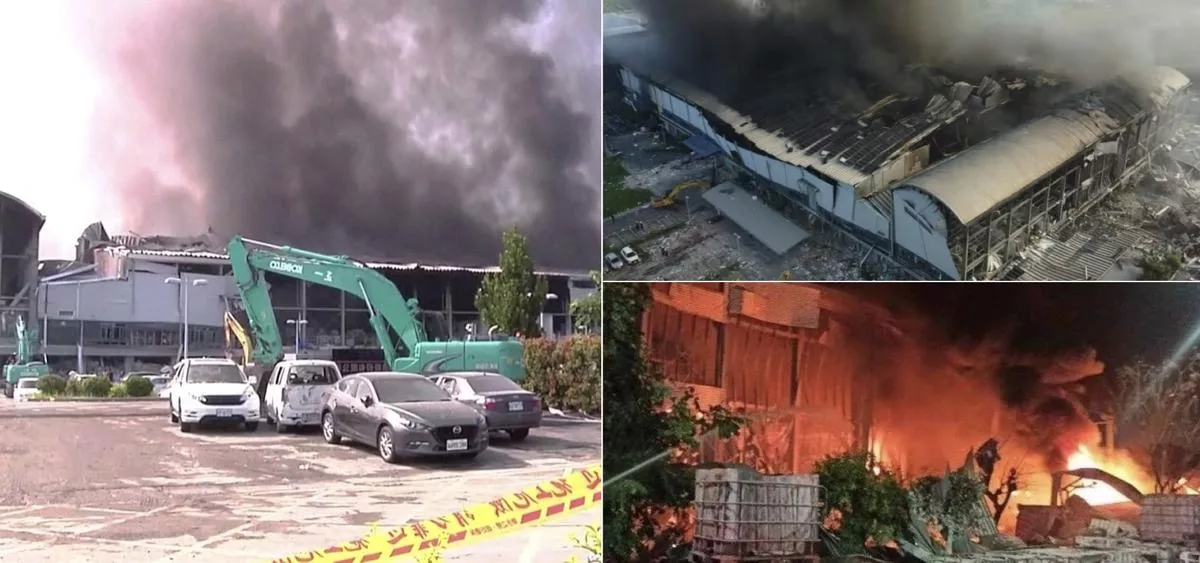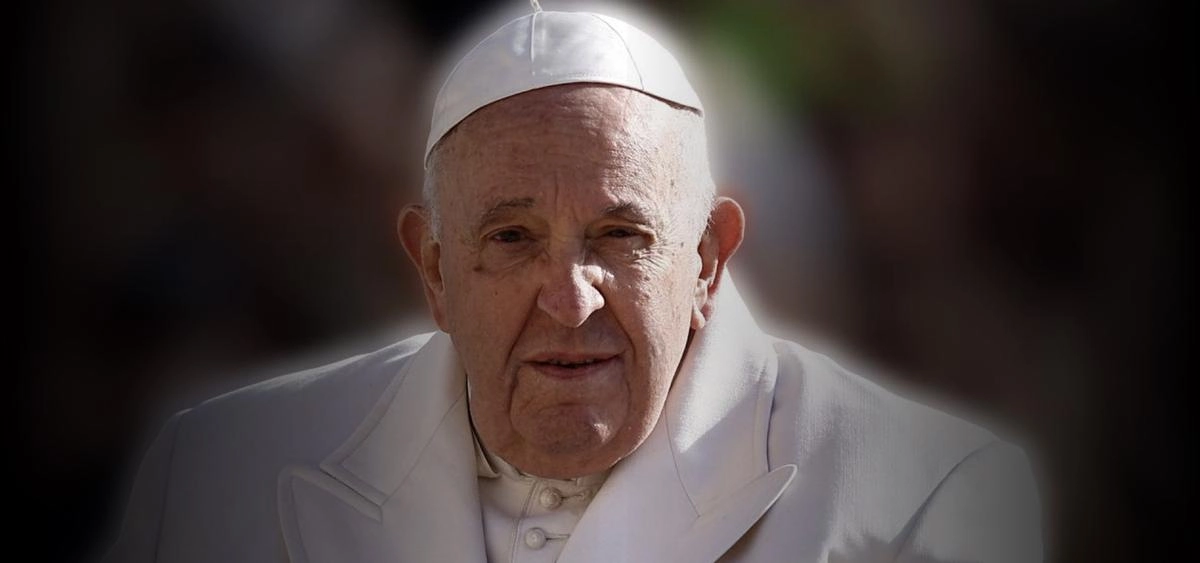Former President Donald Trump entered a plea of not guilty to a staggering 37 charges related to the alleged mishandling of classified documents, marking a historic moment in U.S. legal history.
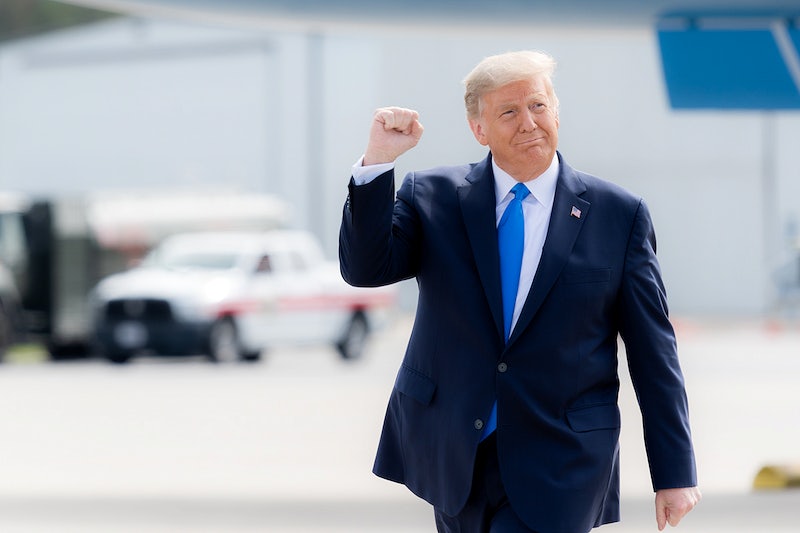
Photo Credit: Rawpixel
Donald Trump, the former president, has pleaded not guilty to 37 counts stemming from the alleged mishandling of classified documents. During his arraignment in a federal courthouse in Miami, Trump’s attorneys demanded a jury trial. Trump was silent and solemn during the 45-minute session. Walt Nauta, his aide and co-defendant, was also detained and processed, but will be arraigned on June 27.
Several key developments occurred during the hearing:
- Magistrate Judge Jonathan Goodman ruled that Trump and Nauta can only contact each other about the lawsuit through their attorneys. Prosecutors were also told to produce a list of prospective witnesses that Trump would be unable to contact.
- Neither defendant was subjected to any travel restrictions.
- The Justice Department recommended that Trump and Nauta be released without financial or special restrictions because they do not pose a flight risk.
- Judge Goodman expressed gratitude to the law enforcement community for their work on the case.
Following the hearing, Trump made an unannounced stop at a Cuban restaurant in Miami, where he interacted with supporters, shook hands, and took photos. He then flew back to New Jersey, where he addressed the public at his Bedminster resort, denouncing the charges as “fake and fabricated” and claiming his right to possess the documents in question. Trump criticized the prosecution, stating that they were “destroying our country.”
The charges against Trump include allegations of illegally retaining national defense information, concealing documents in violation of witness-tampering laws, and obstruction of the Justice Department’s probe into the materials. These charges pose significant legal jeopardy for Trump, with the possibility of several years in prison if convicted.
The arraignment marked the beginning of a lengthy judicial process that would include preliminary sessions such as evidence disputes and potential trial dates. The case has been assigned to Aileen Cannon, a Trump candidate for US District Judge.
Trump’s attorneys, Todd Blanche and Chris Kise, represented him during the arraignment. The role of Kise going forward is unclear, as he was sidelined during previous litigation due to internal disagreements within Trump’s legal team.
Outside the courthouse, Trump’s attorney, Alina Habba, criticized what she called a “two-tiered system of justice” and characterized the indictment as an “unapologetic weaponization of the criminal justice system.”
The seriousness of the charges against Trump is significant, with potential implications for sentencing. The case will undergo a legal grind, potentially lasting for years, with various pretrial proceedings and negotiations between the prosecution and defense.
Judge Cannon’s handling of the case raises speculation due to her previous controversial ruling involving a third-party review of an FBI search at Mar-a-Lago. The judge’s approach could impact the outcome of the case.
Trump’s arraignment comes amid other legal challenges, including separate criminal charges in New York City related to an alleged hush money scheme during the 2016 campaign. Trump’s legal troubles also extend to ongoing investigations into his involvement in 2020 election interference.
The arraignment itself was a significant moment for Trump, as he became the first former president in US history to be indicted by the government he once led. The complex nature of the evidence involved in the case may contribute to a protracted pretrial process.
Looking ahead, Trump’s legal team may undergo changes as additional attorneys are sought. The next court dates have not yet been scheduled, and Judge Cannon’s involvement in the case is expected to be limited. Trump’s legal battles continue to mount as he seeks to regain the presidency in 2024.
Trump’s arraignment garnered attention and drew demonstrations outside the courthouse. Security measures were heightened, and both supporters and protesters voiced their opinions. Trump has been vocal on social media, criticizing the Justice Department and asking questions.
Stay connected with Today On Globe for the latest Global Issues and News Updates.
Explore more related articles at [TOG News / TOG Article]



